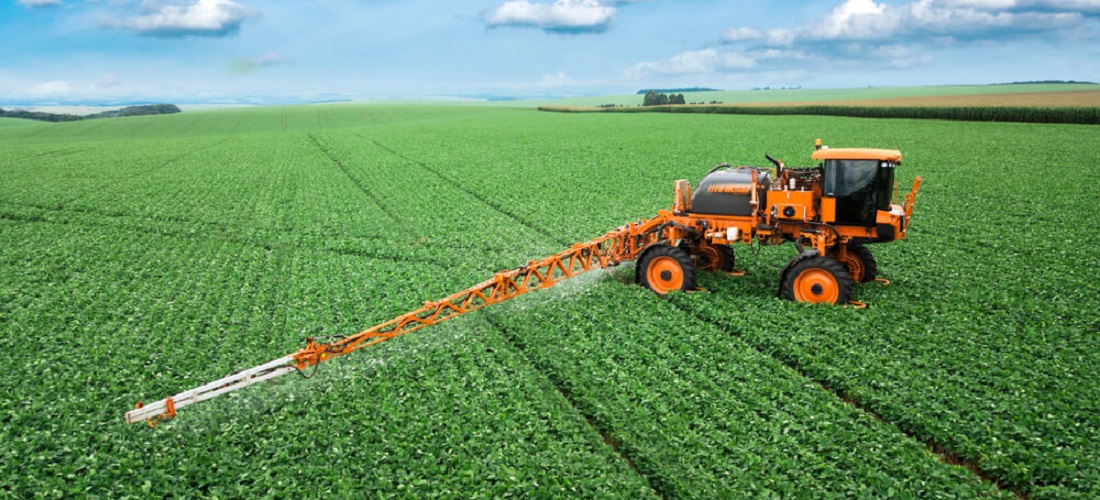
How did Brazil become so dependent on imported fertilizers?
Mar, 04, 2022 Posted by Gabriel MalheirosWeek 202209
The war in Ukraine has proven to yield devastating effects on Brazilian agribusiness due to the country’s dependence on imported fertilizers. However, it has not always been like that. For example, Petrobras was once the world’s largest producer of nitrogen, but it left the business to focus on oil and gas in 2018.
According to experts, the decision to stop producing nitrogen was part of a business plan developed by the state-owned company in 2016, which called for divestments in areas other than the company’s main focus, namely oil and gas, to reduce the firm’s US$ 160 billion debt at the time.
“They put together a strategic plan to allocate capital to priority areas where they saw a comparative advantage. As a result, Petrobras left the businesses of fertilizers, thermal plants, and the exploration of land and shallow-water fields. The goal was to reduce debt and pay dividends. Such a decision has led the company to a better situation today,” says Ilan Arbetman, oil and gas analyst at Ativa Investimentos.
Facility sale to a Russian group
At the time, the state-owned company claimed that producing fertilizers was not profitable and, thus, either leased or sold factories in Sergipe, Bahia, Paraná, and Mato Grosso do Sul.
In Três Lagoas, in Mato Grosso do Sul, Petrobras sold the still-under-construction unit to the Russian group Acron to produce urea fertilizer.
Also to reduce its indebtedness, Vale decided, in 2016, to sell its plants and investments in fertilizers.
According to economist Paulo Feldmann, a professor of Brazilian economics at the University of São Paulo, Petrobras, which produced fertilizers until 2018, should have taken measures to protect domestic production, as occurred in other countries, to alleviate blow in strategic industries.
Petrobras halted projects
Walter Franco, professor of macroeconomics at Ibmec, believes that Petrobras can now resume operations in the fertilizer business, including developing partnerships with the Russian company that purchased one of its factories in Brazilian soil.
When asked if they intend to restart fertilizer production, Vale stated that it no longer has assets in this sector.
Petrobras decided to exit the fertilizer business in 2017 under its portfolio management strategy due to the persistence of significant profit losses and subsequent value destruction resulting from the operation of these assets.
Petrobras also started the divestment process of Araucária Nitrogenados S.A. (ANSA) and leased fertilizer plants in Sergipe and Bahia in 2020.
Source: O Globo
To read the full original article please find:
-
Ports and Terminals
Sep, 16, 2019
0
Port of Itajaí receives landing of 840 imported vehicles
-
Ports and Terminals
Nov, 29, 2022
0
CODEBA, Port of Aveiros ink cooperation agreement on technological and commercial development
-
Shipping
Sep, 08, 2022
0
Empty container problem intensifies, reports Sea-Intelligence
-
Sep, 22, 2023
0
TOC Africa focus on port development and logistics in Africa

